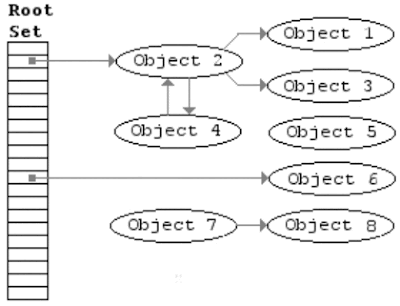About the Subject:
Process control is an engineering discipline that
deals with architectures, mechanisms and algorithms for maintaining the output
of a specific process within a desired range. For instance, the temperature of
a chemical reactor may be controlled to maintain a consistent product output.
Topics to be
covered in this Seminar:
State equation of discrete data system with sample and hold – State
transition equation – Methods of computing the state transition matrix – System
with zero-order hold – Controllability and observability of linear time
invariant discrete data system–Stability tests of discrete-data system – State
Observer - State Feedback Control-Transient analysis–Frequency
analysis–correlation analysis– Spectral analysis – Parametric methods:- Least
square method – Recursive least square method-Review of z-transform – Modified
of z-transform – Pulse transfer function – Digital PID controller – Dead-beat
control and Dahlin’s control – Smith predictor – Digital Feed-forward
controller – IMC- State Feedback Controller - LQG Control -Multi-loop Control -
Introduction – – Properties and Application of RGA – Multi – loop PID
Controller– Biggest Log Modulus Tuning Method – De coupler -Multivariable
control –Multivariable PID Controller -Multivariable IMC– Multivariable Dynamic
Matrix Controller – Multivariable Model Predictive Control – Generalized
Predictive Controller.
Time to be planned :
1 or 2 days
Kind of program :
3D based Seminar and Guest Lecture for the
Students
Reason for the program :
Kalam Scientist Team aiming to build young generation
Scientist
Process control is an engineering discipline that deals with architectures, mechanisms and algorithms for maintaining the output of a specific process within a desired range. For instance, the temperature of a chemical reactor may be controlled to maintain a consistent product output.
1 or 2 days
Kalam Scientist Team aiming to build young generation Scientist
























